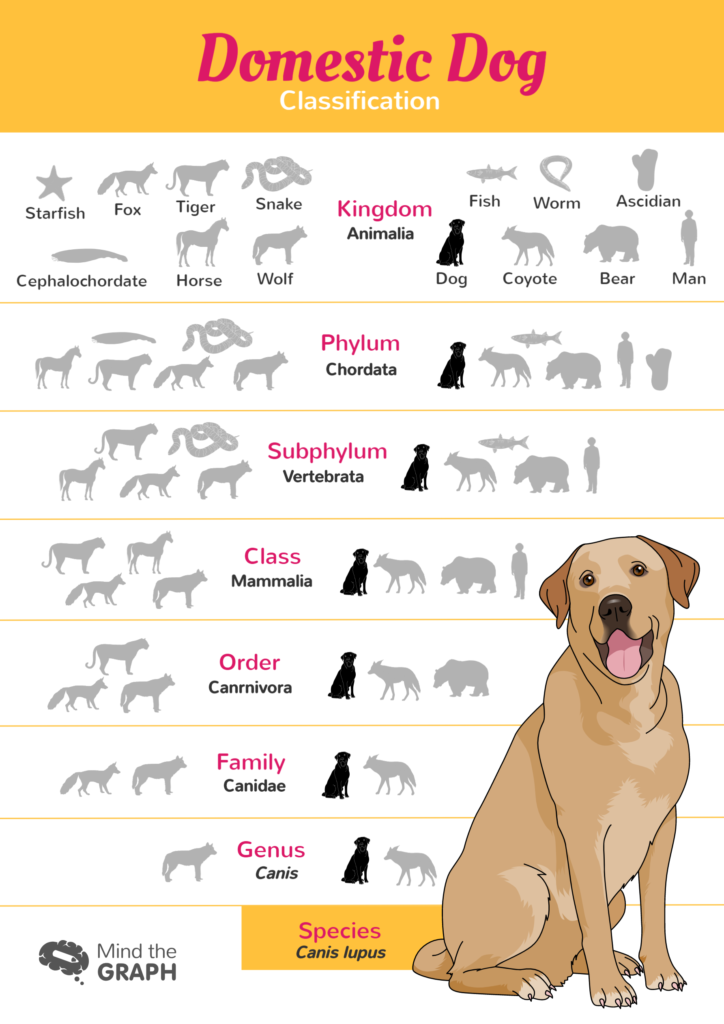Pets in day care receive lots of exercise, socializing with various other canines and unique experiences. This can be particularly handy for pups and canines with behavior concerns.
There are several legal factors to consider you require to take into account when starting a doggy day care organization. These consist of the framework of your organization and compliance with government policies.
1. Dog Distemper
Canine distemper is spread out with straight contact with the physical liquids and waste of an infected dog, but it can likewise be transferred by means of common water and food bowls or via air-borne beads. This very contagious illness is most harmful for young puppies, however it can affect pet dogs of any kind of age and is deadly for the majority of if left untreated.
Initial symptoms of canine distemper typically simulate a cold, consisting of drippy eyes and nose with watery or pus-like discharge. As the illness proceeds, a pet dog will certainly create high temperature, coughing, lowered cravings, throwing up and looseness of the bowels. The infection can likewise assault the nerve system, causing seizures, jerking and partial or total paralysis.
Trustworthy childcares reduce direct exposure to infection by calling for inoculations, regular health examinations and adhere to stringent health procedures. If your puppy seems overly tired or limping, a day of rest might aid him recoup, yet you must prevent taking him back to day care until these symptoms clear up.
2. Kennel Cough
Kennel coughing, additionally called contagious canine tracheobronchitis or Bordetella, is an extremely infectious viral or bacterial disease that influences the respiratory system system. It's typically transferred through the exchange of saliva or air beads that an ill canine exhales. Social dogs go to greater danger for infection because of their frequent interaction with each other, such as when they play, share food or water, smell each other or just meet in a jampacked setting like a pet dog park or day care.
The most common signs and symptom of kennel coughing is a consistent and forceful cough that seems like something stuck in the throat or retching. Frequently, dogs will certainly spend frothy white phlegm. If left unattended, a pet dog can establish pneumonia and be at significant threat forever.
A respectable day care facility need to have stringent cleaning and hygiene procedures, sanitize all playthings, food and water bowls consistently, and be open regarding their vaccination plans. Keeping your dog approximately date on their vaccinations, especially for bordetella and canine influenza, will greatly lower their possibilities of contracting the illness.
3. Parvovirus
Canine parvovirus, or parvo, is a very infectious viral illness that can be harmful for young puppies and young adult pets with bad immune systems. It's most frequently spread by straight contact with polluted dog feces-- which can take place when canines sniff, lick, or preference infected feces-- and indirectly from infected people, objects, or atmospheres (like kennels, grooming areas and yards). Pups and pet dogs without complete inoculation histories are specifically vulnerable to parvo.
The infection is incredibly resilient, making it through in the environment for approximately nine years, and can conveniently be transferred in between canines by contact with feces or on shoes, garments, and bedding infected with parvovirus. If not dealt with instantly with IV liquids, electrolyte balance, throwing up control medications and anti-biotics to avoid second bacterial infections, a pet will rapidly dry out and develop extreme diarrhea, which causes shock and sepsis. Parvo is tough to cure when a dog has come to be ill, however with ideal veterinary treatment, many pups do survive this health problem.
4. Canine Influenza
Pooch influenza infection is highly infectious and spreads via direct get in touch with, sharing food and water bowls, licking or private dog boarding near me nuzzling various other canines, via airborne droplets, and via contaminated surfaces. Inoculation is effective in minimizing the risk of infection and break outs.
The majority of affected pet dogs create a mild breathing infection with a coughing that lasts 1-3 weeks. They may likewise have nasal and eye discharge, sneezing, and lethargy. Several of one of the most major instances result in pneumonia and a high fever.
If your canine shows any of these signs, do not bring them back to childcare until they are healthy. If your pet dog is showing indications of extreme tiredness or hopping, speak with your veterinarian immediately and see to it they are on healthiness supplements to help develop their immunity. A veterinarian will certainly evaluate your pet dog for symptoms of the flu by taking an example from the nose or throat, and blood tests can be done to verify.
